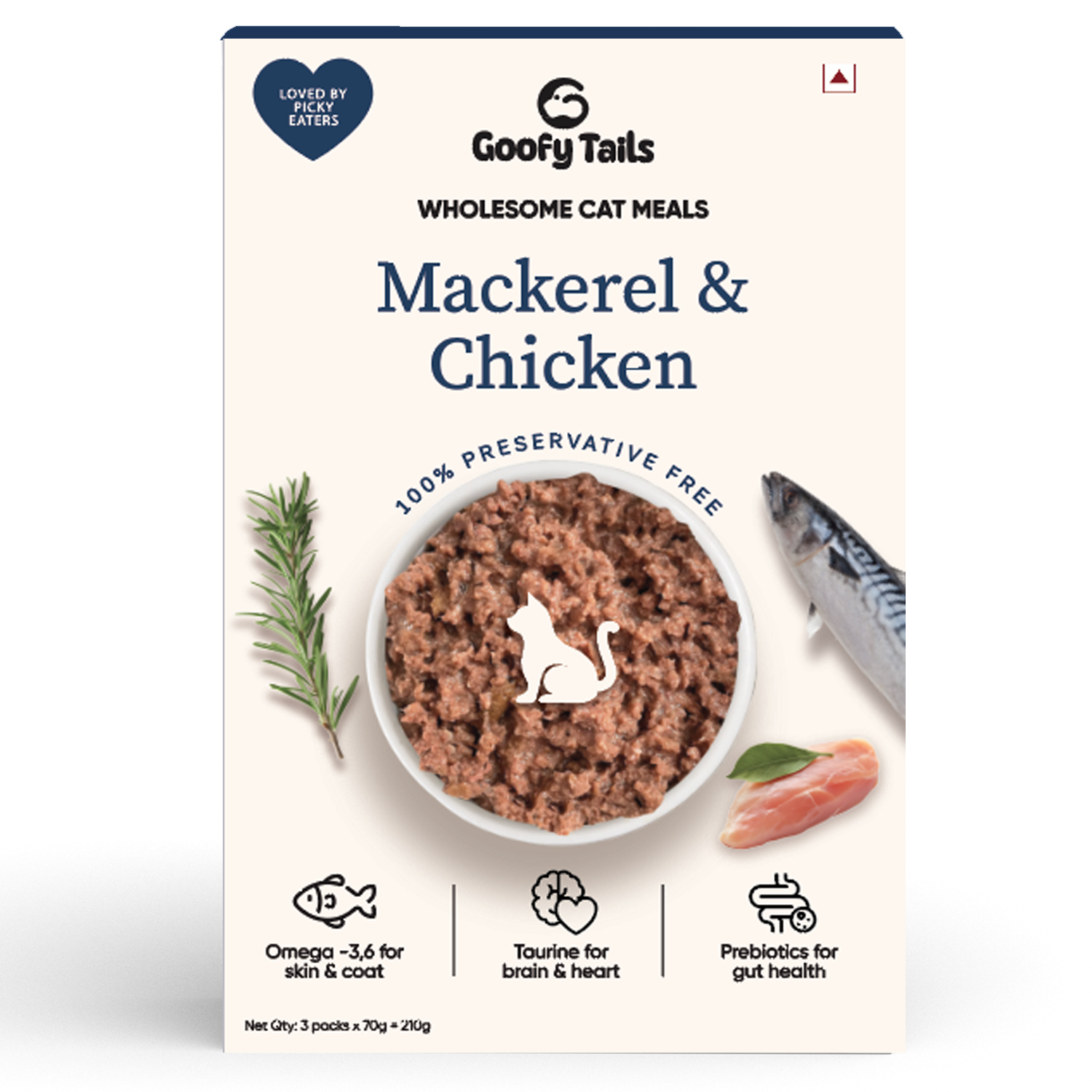Ensuring Your Pet Gets Enough Omega-3, Omega-6, and Fatty Acids
Understanding Omega-3 and Omega-6 Fatty Acids
Omega-3 and omega-6 fatty acids are polyunsaturated fats that cannot be produced by the pet's body and must be obtained through their diet. These fatty acids are classified as essential because they are necessary for optimal health. The two primary omega-3 fatty acids for pets are eicosapentaenoic acid (EPA) and docosahexaenoic acid (DHA), while the essential omega-6 fatty acid for pets is linoleic acid (LA). Pets need omega-3 fatty acids and other essential fatty acids for various reasons. Omega-3 fatty acids, such as EPA and DHA, contribute to healthy skin and a shiny coat, reduce inflammation in the joints, support cardiovascular health, promote cognitive function, and boost the immune system
Sources of Omega-3 Fatty Acids

Fish Oil: One of the best sources of omega-3 fatty acids is fish oil. Look for high-quality fish oil supplements that are specifically formulated for pets. These supplements should be rich in EPA and DHA, which have potent anti-inflammatory properties and contribute to healthy skin and coat.
Fatty Fish: Certain fatty fish like salmon, mackerel, and sardines are excellent sources of omega-3 fatty acids. Introduce small portions of cooked fish into your pet's diet, ensuring it is boneless, skinless, and free from any added seasonings or oils.
Olive Oil: While olive oil is predominantly composed of monounsaturated fats, it also contains omega-3 fatty acids, contributing to heart health and reducing inflammation in pets. Olive oil contains antioxidants such as vitamin E and polyphenols, which help protect cells from damage caused by free radicals. These antioxidants support the immune system and can potentially reduce the risk of chronic diseases. It can also improve nutrient absorption and promote a healthy coat.
Sources of Omega-6 Fatty Acids

Plant Oils: Vegetable oils such as sunflower, safflower, and evening primrose oil are rich in omega-6 fatty acids. These oils can be incorporated into your pet's diet, but always remember to introduce them gradually and in appropriate amounts to avoid digestive issues.
Poultry and Meat: Chicken, turkey, and lean cuts of red meat are good sources of omega-6 fatty acids. When feeding your pet meat, it is essential to remove any excess fat and cook it thoroughly to prevent the risk of bacterial contamination.
Hemp Seed Oil for Dogs
Hemp seed oil is derived from the seeds of the cannabis plant and has gained popularity as a nutritional supplement for dogs. It is important to note that hemp seed oil does not contain the psychoactive compound THC, making it safe for pets. Here's why hemp seed oil is a valuable addition to your dog's diet. Hemp seed oil is rich in omega-3 and omega-6 fatty acids, providing a balanced ratio that supports healthy skin and coat, reduces inflammation, and promotes joint health in dogs. These fatty acids also contribute to heart health and overall well-being.
Antioxidants and Vitamins: Hemp seed oil contains antioxidants like vitamin E and various minerals that support the immune system and help combat free radicals. Additionally, it offers vitamins such as vitamin B, which aids in metabolism and energy production.
Bone Broth for Dogs and Cats
Joint Health and Digestion: Bone broth is rich in collagen, glucosamine, and chondroitin, which support joint health and can alleviate arthritis symptoms in both dogs and cats. Additionally, the gelatin in bone broth can soothe and support digestive health, aiding in the healing of the gut lining.
Hydration and Nutrient Boost: Bone broth is an excellent source of hydration for pets, especially during hot weather or when recovering from illness. It is packed with essential nutrients like amino acids, vitamins (including vitamin A and vitamin K), and minerals (such as calcium, magnesium, and phosphorus).
Importance of Balance
While omega-3 and omega-6 fatty acids are both necessary for your pet's health, it is important to maintain a proper balance between the two. The ideal ratio of omega-6 to omega-3 fatty acids is roughly 5:1 to 10:1. Unfortunately, many commercial pet foods contain an abundance of omega-6 fatty acids due to the common use of plant-based oils, leading to an imbalance. To counteract this, it may be necessary to supplement your pet's diet with omega-3 fatty acids. When it comes to providing our furry companions with a well-rounded and nutritious diet, incorporating natural oils can offer numerous health benefits..








Leave a comment